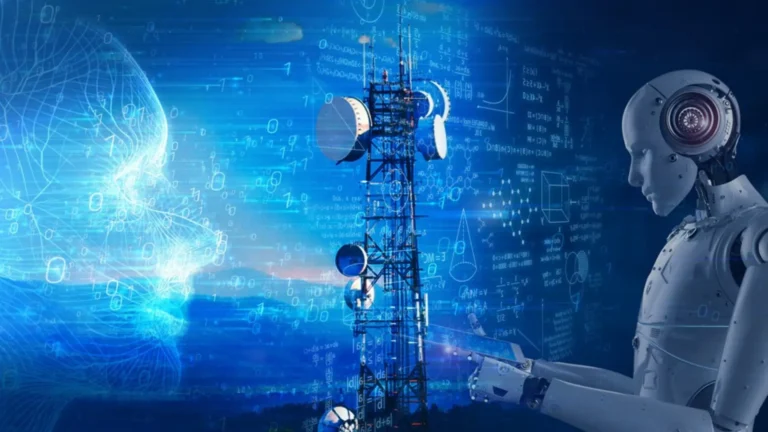
AI-Powered Chatbots
In today’s fast-paced digital world, businesses are constantly seeking innovative ways to enhance customer experiences. Enter AI-powered chatbots—intelligent virtual assistants that are revolutionizing customer support. From answering queries to resolving issues, chatbots are transforming how businesses interact with their customers. This blog explores how AI-powered chatbots are shaping the future of customer support and why they are becoming an essential tool for businesses worldwide.
The Rise of AI-Powered Chatbots
AI-powered chatbots are software applications that use artificial intelligence (AI), natural language processing (NLP), and machine learning (ML) to simulate human-like conversations. Unlike traditional chatbots that follow scripted responses, AI chatbots can understand context, learn from interactions, and provide personalized solutions.
According to a report by Grand View Research, the global chatbot market is projected to reach $10.5 billion by 2026, driven by the growing demand for automation and improved customer service. Businesses across industries, from e-commerce to healthcare, are adopting chatbots to streamline operations and enhance customer satisfaction.
AI-Powered Chatbots and Customer Support
24/7 Availability
One of the biggest advantages of AI-powered chatbots is their ability to provide round-the-clock support. Unlike human agents, chatbots don’t need breaks or sleep. They can handle customer queries at any time, ensuring that businesses never miss an opportunity to engage with their audience.
For example, e-commerce giant Amazon uses chatbots to assist customers with order tracking, product recommendations, and issue resolution, even outside business hours.
Instant Responses
In today’s fast-paced world, customers expect quick solutions. AI-powered chatbots can analyze queries and provide instant responses, significantly reducing wait times. This not only improves customer satisfaction but also boosts brand loyalty.
For instance, H&M’s chatbot helps customers find products, check availability, and even style outfits in seconds, creating a seamless shopping experience.
Personalized Interactions
AI chatbots can analyze customer data, such as past purchases and browsing history, to deliver personalized recommendations and solutions. This level of customization makes customers feel valued and understood.
A great example is Sephora’s Virtual Artist, a chatbot that uses AI to recommend makeup products based on user preferences and even allows customers to try on looks virtually.
Cost-Effective Support
Hiring and training customer support agents can be expensive. AI-powered chatbots offer a cost-effective alternative by automating repetitive tasks and handling multiple queries simultaneously. This allows businesses to allocate resources more efficiently.
For example, Bank of America’s chatbot, Erica, assists customers with account inquiries, bill payments, and financial advice, reducing the need for human intervention.
Multilingual Support
AI chatbots can communicate in multiple languages, making them ideal for global businesses. They can break language barriers and provide support to customers worldwide, ensuring inclusivity and accessibility.
For instance, Airbnb’s chatbot offers support in over 30 languages, helping travellers and hosts communicate effectively.
Challenges and Future of AI-Powered Chatbots
While AI-powered chatbots offer numerous benefits, they are not without challenges. Issues such as data privacy concerns, limited understanding of complex queries, and the need for continuous training can hinder their effectiveness.
However, advancements in AI and NLP are addressing these challenges. Future chatbots will be more intuitive, empathetic, and capable of handling complex tasks. For example, Google’s Duplex can already make restaurant reservations and schedule appointments, showcasing the potential of AI in customer support.
Moreover, the integration of chatbots with other technologies, such as voice assistants and augmented reality (AR), will further enhance their capabilities. Imagine a chatbot that can guide you through assembling furniture using AR visuals or troubleshoot tech issues via voice commands.
Conclusion
AI-powered chatbots are no longer a futuristic concept—they are here, and they are transforming customer support as we know it. From providing instant responses to delivering personalized experiences, chatbots are helping businesses meet the ever-growing expectations of their customers.
As AI technology continues to evolve, chatbots will become even more intelligent, versatile, and indispensable. By embracing AI-powered chatbots, businesses can not only improve customer satisfaction but also stay ahead in the competitive landscape.




1 thought on “AI-Powered Chatbots: The Future of Customer Support”